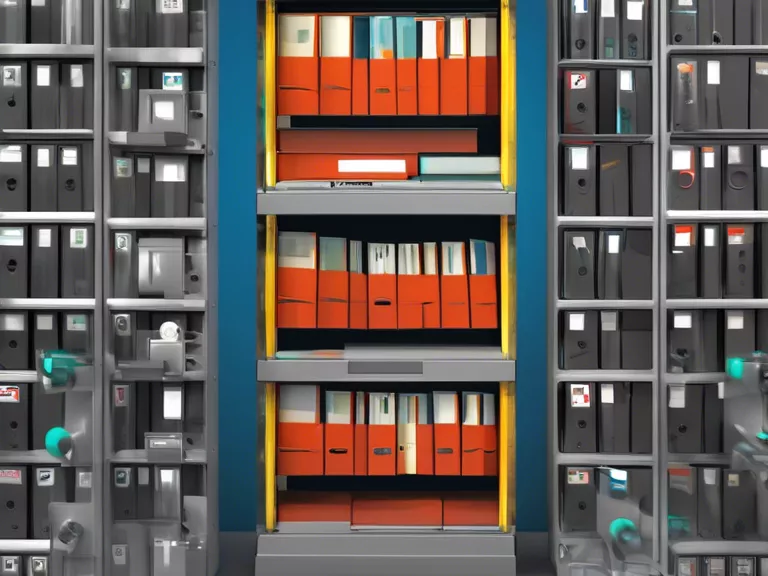
In today's digital age, storing files securely on laptops and tablets has become more important than ever. With the increasing risk of data breaches and cyber attacks, following best practices for file storage is crucial to protect sensitive information. Whether you use your device for work, school, or personal use, it's essential to implement the proper security measures to keep your files safe from unauthorized access.
One of the first steps in securing your files on laptops and tablets is encryption. Encrypting your files ensures that even if your device is compromised, the data remains inaccessible without the encryption key. Many operating systems offer built-in encryption tools, such as BitLocker for Windows and FileVault for Mac, that make it easy to encrypt your files and folders.
In addition to encryption, it's important to regularly back up your files to an external storage device or cloud service. This ensures that even if your device is lost, stolen, or damaged, you can still access your important files. Cloud storage services like Dropbox, Google Drive, and OneDrive offer secure options for storing files off-site.
Another best practice is to use strong passwords and enable two-factor authentication on your device and any cloud storage accounts. Avoid using common passwords or easily guessable information, and consider using a password manager to securely store and generate complex passwords.
It's also important to keep your operating system and software up to date, as updates often include security patches to address vulnerabilities. Regularly running antivirus and anti-malware scans can help detect and remove any malicious software that may compromise your files.
By following these best practices for storing files securely on laptops and tablets, you can better protect your sensitive information and reduce the risk of data loss or theft.


